
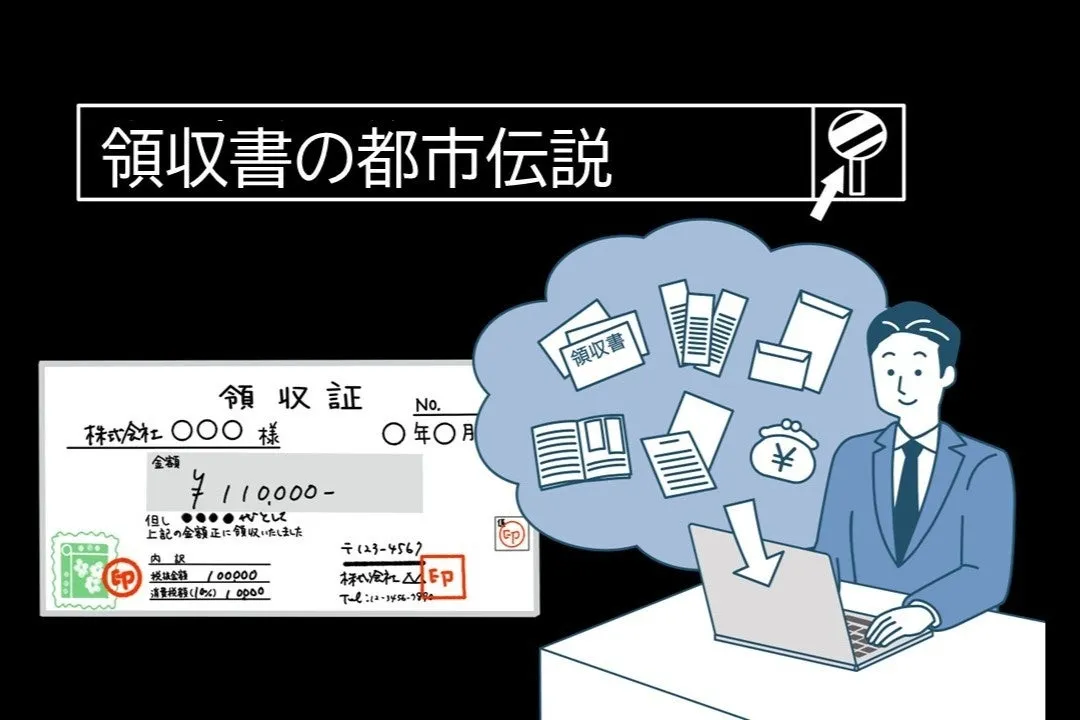
Understanding Receipt Mismanagement in Expense Reporting: Insights from a YouTube Tax Expert
Understanding Receipt Mismanagement in Expense Reporting
In the realm of business expenses, managing receipts and invoices effectively is crucial for accurate reporting. Recent findings reveal that a significant number of individuals have encountered errors in handling their receipts, with incorrect usage of card receipts being the most common issue. With the internet shaping our understanding, renowned tax accountant Yuichi Sugawara, known for his popular YouTube channel "脱・税理士スガワラくん," conducted a survey targeting 1,000 adults aged between 30 to 70 across Japan to delve into the common pitfalls in receipt management.
Survey Overview
The survey, carried out on June 13, 2025, utilized online methods to collect insights specifically from full-time employees, business owners, executives, and freelancers. The results have uncovered startling statistics regarding receipt handling and expense reporting mismanagement.
Key Findings
- - Nearly 70% of respondents indicated they request receipts or invoices when dealing with expenses, although a notable minority tends to request receipts for everything.
- - Over 50% admitted to having made mistakes when processing their receipts.
- - About 40% experienced situations where they could not account for expenses due to missing receipts.
When asked about their general habits regarding receipt management, 66.2% reported that they do receive both receipts and invoices, while only 14.7% insisted on receiving receipts exclusively. Alarmingly, 19.1% stated that they don't request receipts at all.
From the respondents who received receipts regularly, when queried about any mistakes in processing these documents, 49.1% claimed they hadn’t made any errors. However, the remaining 50.9% revealed they had encountered various issues. Common mistakes included:
- - Using credit card receipts as substitutes for proper receipts (29.0%).
- - Printing electronic receipts instead of retaining them digitally (16.1%).
- - Grouping shared dining expenses and incorrectly accounting for the total (14.5%).
- - Paying high freelance costs in cash and issuing receipts inaccurately (13.7%).
- - Charging personal expenses to a travel IC card while misreporting them as travel costs (6.6%).
Conversely, when asked if they had ever failed to account for costs due to missing receipts, 54.3% treated this as a non-issue, implying that 45.7% had indeed let potential expenses slip away. Reasons included lost receipts (30.8%), use of vending machines (23.8%), funeral expenses (8.0%), or tips abroad (6.4%).
Dispelling Urban Legends
Tax accountant Yuichi Sugawara elaborates on various misconceptions regarding receipts that could lead individuals down a dangerous path, potentially resulting in tax evasion. Misunderstandings such as needing to obtain every receipt or that receipts are more reliable than invoices can misguide many, prompting Sugawara to explain the subtleties of proper receipt handling.
Myth 1: Collecting Receipts Equals Absolute Safety
One pervasive myth is the belief that having a receipt guarantees a valid expense. In reality, handwritten receipts are often scrutinized during tax audits. Conversely, standard receipts provide a breakdown of purchases which can enhance their validity as evidence. For instance, if a representative consolidates a shared meal's costs into one receipt for expense processing, it clearly constitutes a case of tax evasion.
Myth 2: Credit Card Statements as Receipts
The idea that credit card statements can serve as valid receipts is another misconception. Agencies often insist on formal documentation, necessitating that individuals maintain proper receipts even when charges are made via credit cards.
Myth 3: Cash Payments Are Acceptable for High Costs
When dealing with external costs, especially significant ones, bank transfers are generally the rule of thumb. Cash transactions are suspicious in nature and can trigger scrutiny from tax authorities. Handwritten receipts also face heightened risks of being classified as suspicious activities.
What to Do If No Receipt Is Available
For circumstances like vending machine purchases or tips abroad, which usually do not yield receipts, it remains important to document key details: date, amount, purpose, and the reason for the absence of a receipt. Such notes can act as a substitute for a proper receipt.
Keeping Up with Digital Records
Under current regulations, electronically received invoices and receipts must be maintained in their digital forms (as mandated by the Electronic Bookkeeping Preservation Act). It is vital to properly file and date these records so they can be easily accessed when needed. While there is currently a grace period allowing the retention of paper copies, transitioning to digital storage is advisable for future compliance.
Conclusion
Clear understanding and correct procedures in managing receipts can prevent costly errors. For those feeling uncertain, consulting with a tax professional may provide clarity and additional insights. Stay vigilant, dispel prevalent myths, and ensure accurate expense reporting practices.
Profile of Yuichi Sugawara
Yuichi Sugawara, born in 1975 in Mie Prefecture, resides in Tokyo. He specializes in tax savings and cash flow management, successfully guiding 85% of his clients to profitability. His YouTube channel "脱・税理士スガワラくん" swiftly attracted over one million subscribers within just over two years. Apart from hosting successful seminars and workshops, Sugawara is renowned for his engaging lectures with various corporations, including Google and Robert Kiyosaki's financial networks. His published books continue to gain popularity, providing positive cash flow tactics that many businesses seek to adopt.
For further insights, check out Sugawara's resources:
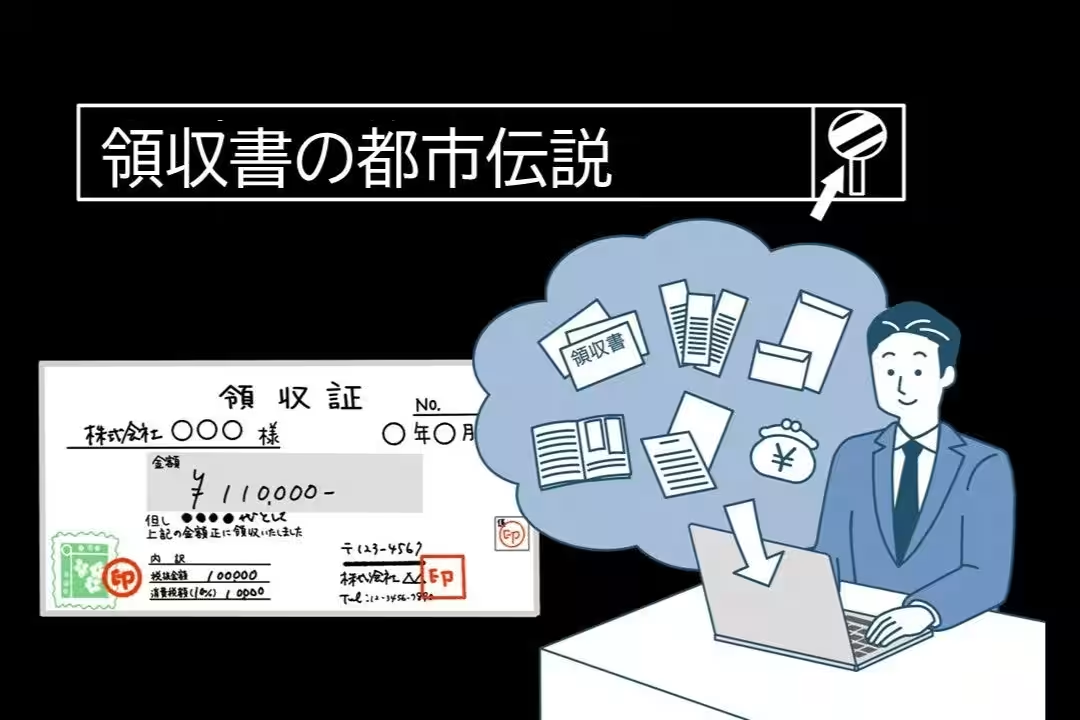
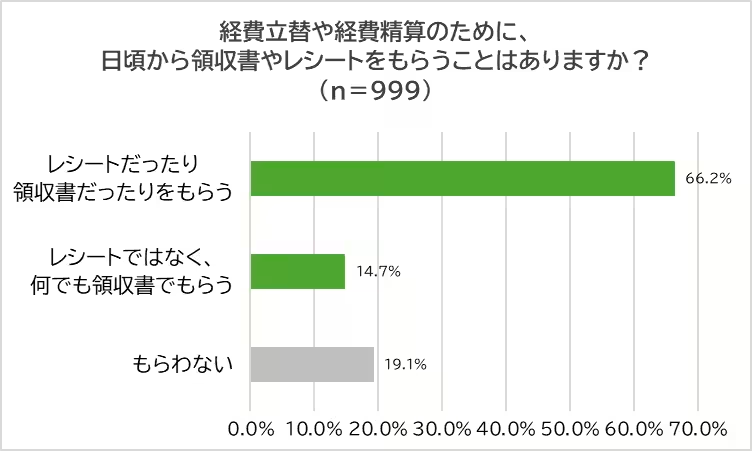
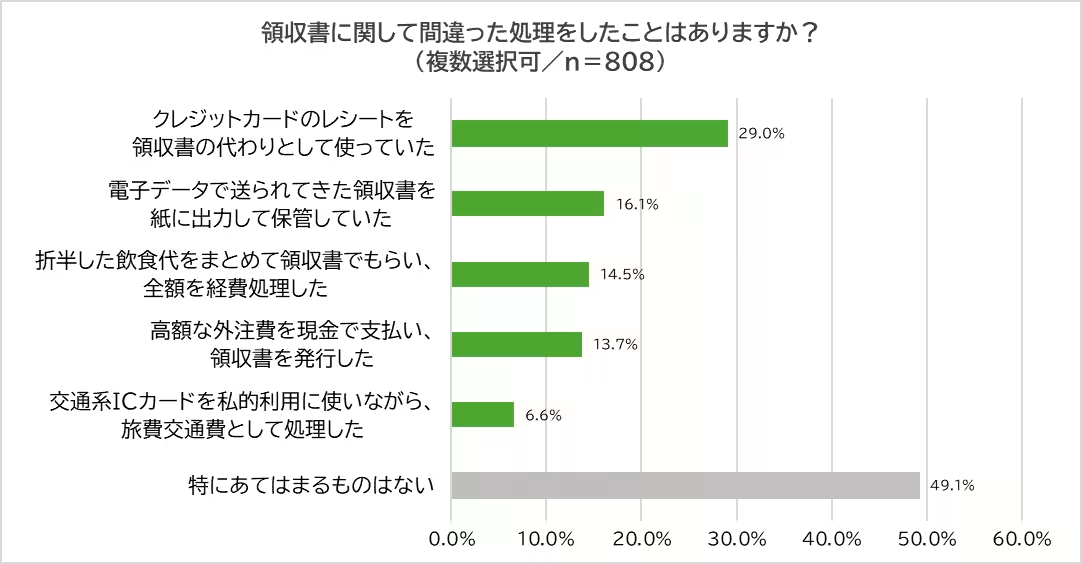
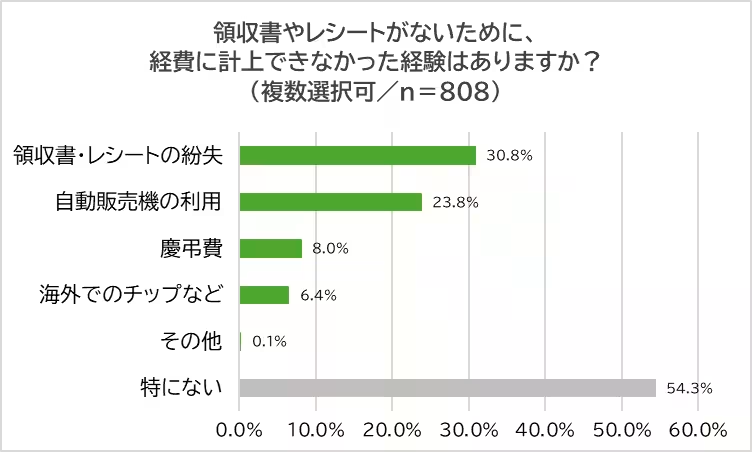

Topics Financial Services & Investing)










【About Using Articles】
You can freely use the title and article content by linking to the page where the article is posted.
※ Images cannot be used.
【About Links】
Links are free to use.